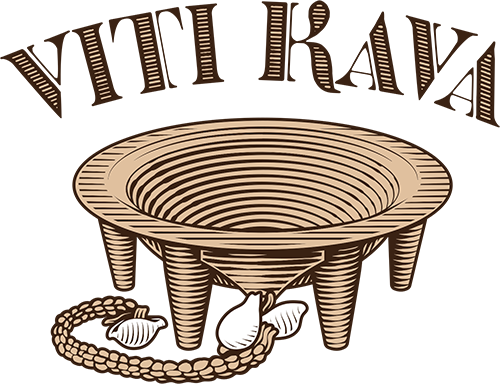No products in the cart.

What is Kava?
The Piper methysticum plant, which is indigenous to Pacific Ocean islands, is the source of kava. The plant’s root was traditionally processed into a paste, which people then combined with water or coconut milk to make a beverage.
This kava beverage is used by South Pacific islanders to induce altered states of consciousness during ceremonial gatherings. The dried roots can also be used to manufacture powder or pills.
Kava use provides a calming, uplifting impact. Drugs with this calming effect are known as anxiolytics by scientists. Furthermore it is used as a recreational drug and medicine, as it helps to reduce stress and anxiety.


